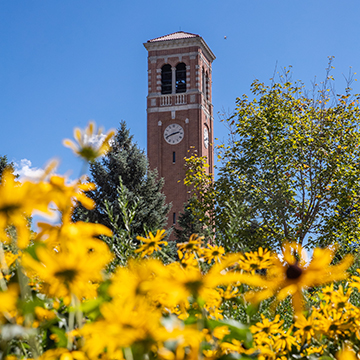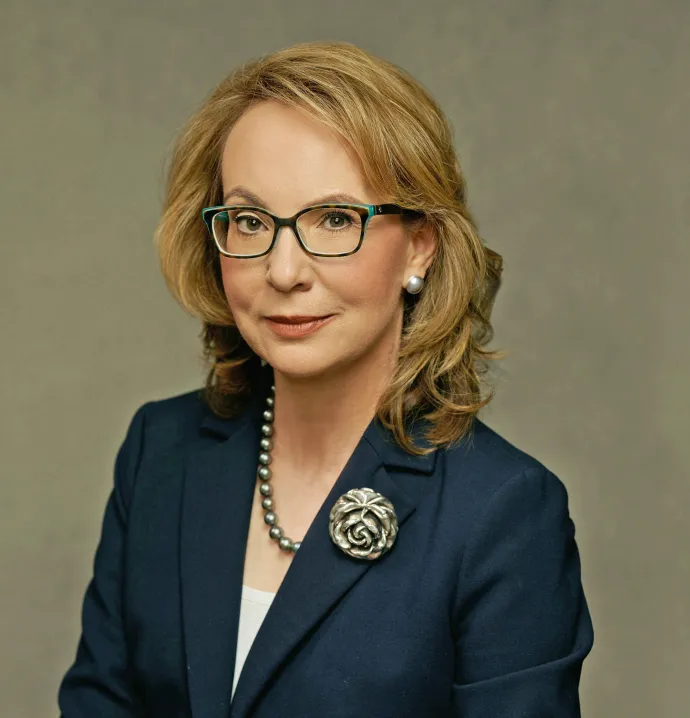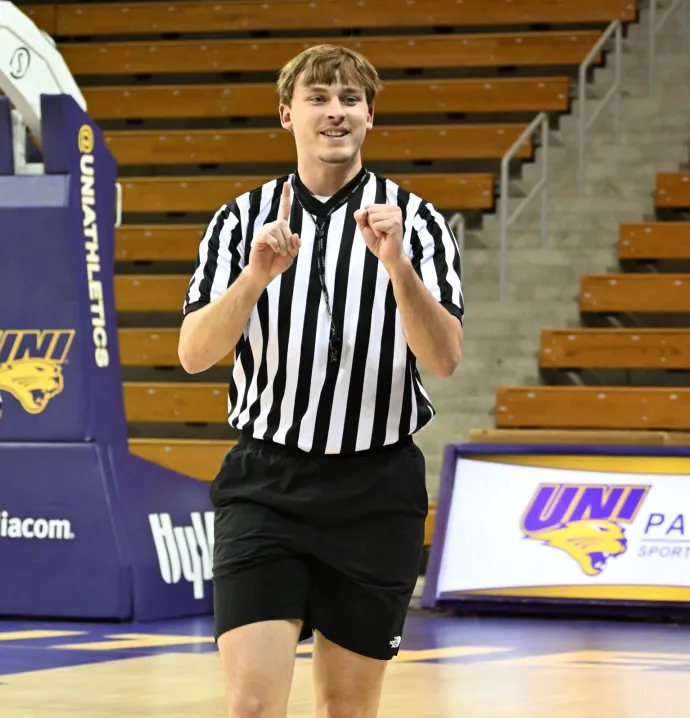UNI to be Iowa host institution for worldwide climate change project
UNI to be Iowa host institution for worldwide climate change project
The University of Northern Iowa will be Iowa’s host institution for a worldwide project for educators and community members on what can be done in the state to address climate change over the next decade.
UNI’s April 14 webinar will be available live online from 4-5:30 p.m., as part of the Solve Climate by 2030 event, an international endeavor seeking to promote local solutions to climate change. The webinar will feature a panel of local experts on green energy, community organization and jobs.
Every other U.S. state and 100 countries will host similar discussions to address an issue many experts see as the defining challenge of our time. Attendees can register online.
“It is literally an issue that, as a country, we can no longer afford to put-off or ignore,” said Catherine Zeman, a UNI environmental health professor and director of the Recycling and Reuse Technology Transfer Center. “The need to become climate resilient is important to our economy, health, food security and national security and is a pressing issue because it cuts across all of these critical societal pillars.”
The Zoom-based webinar will feature three speakers in a panel moderated by Zeman and Craig VanSandt, UNI associate management professor and David W. Wilson Chair in Business Ethics. The speakers include:
- Matt Hein, energy services manager of Cedar Falls Utilities, who will discuss local green energy options currently available and what’s on the horizon. He will provide answers on how customers can engage with their utilities provider concerning future energy needs in the green market.
- Chris Schwartz, Black Hawk County Supervisor, who will discuss methods used to bring green businesses to the area. He will also talk about how community members can engage with elected officials to share their desires and concerns about the green movement.
- Ellen Bluth, vice chancellor for workforce and economic development at the Eastern Iowa Community College District, who will discuss training the upcoming workforce for green jobs and how someone mid-career can find training for green jobs.
Each panelist will speak for 15 minutes, focusing on three real actions individuals can take over the coming year to combat climate change. The webinar will then split into breakout sessions for attendees to discuss how to make those actions a reality.
It will be the second year UNI has hosted the event. The event is part of a project from the Graduate Programs of Sustainability at Bard College.
“We are delighted to have UNI as a partner for the second consecutive year, demonstrating UNI's leadership in bringing Iowans together to develop solutions that can advance economic recovery for all while helping to reduce the consequences of climate change,” said David E. Blockstein, project co-director of Solve Climate by 2030.
The program chose the year 2030 because the United Nations Intergovernmental Panel on Climate Change identified a ten-year window for humans to make rapid reductions in the carbon pollution causing global warming to hold the warming to the low end of under 3 degrees. Failing to do so would severely destabilize the global climate, leading to extreme weather, droughts, floods and sea-level rise that will be increasingly hard for humans to manage, according to the panel.




